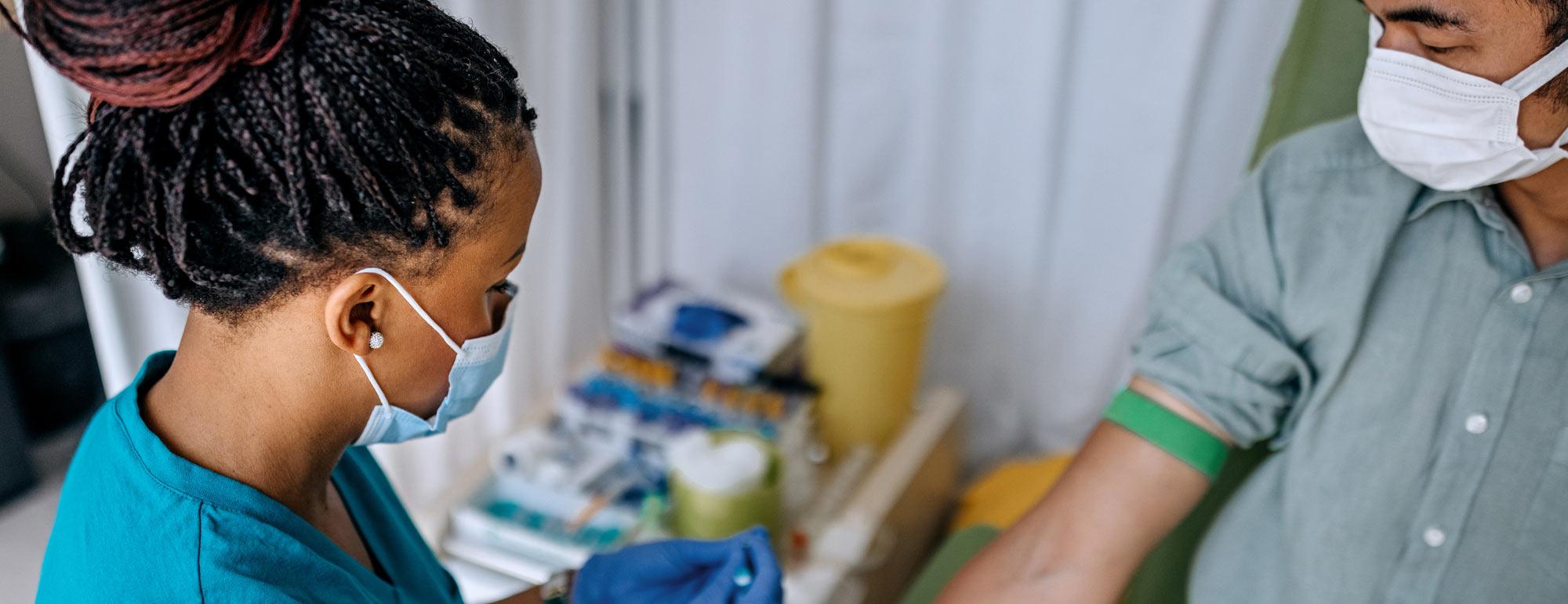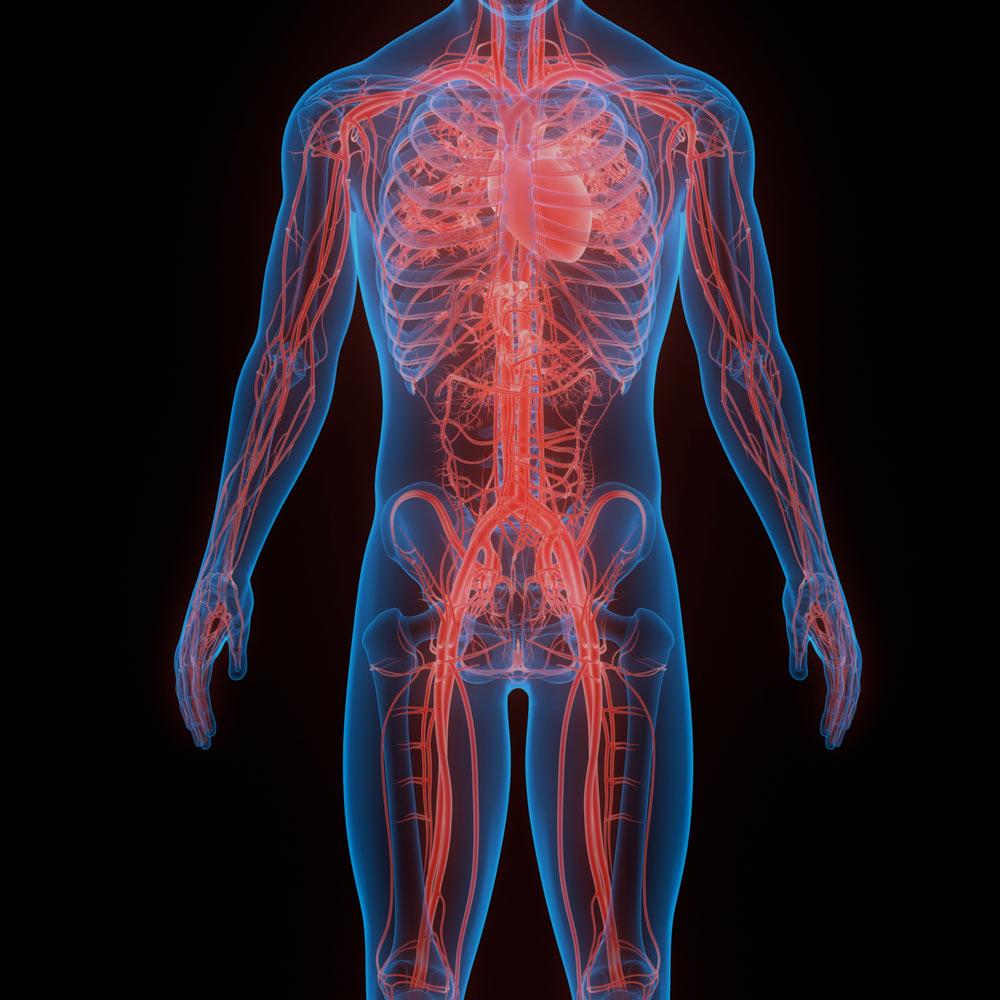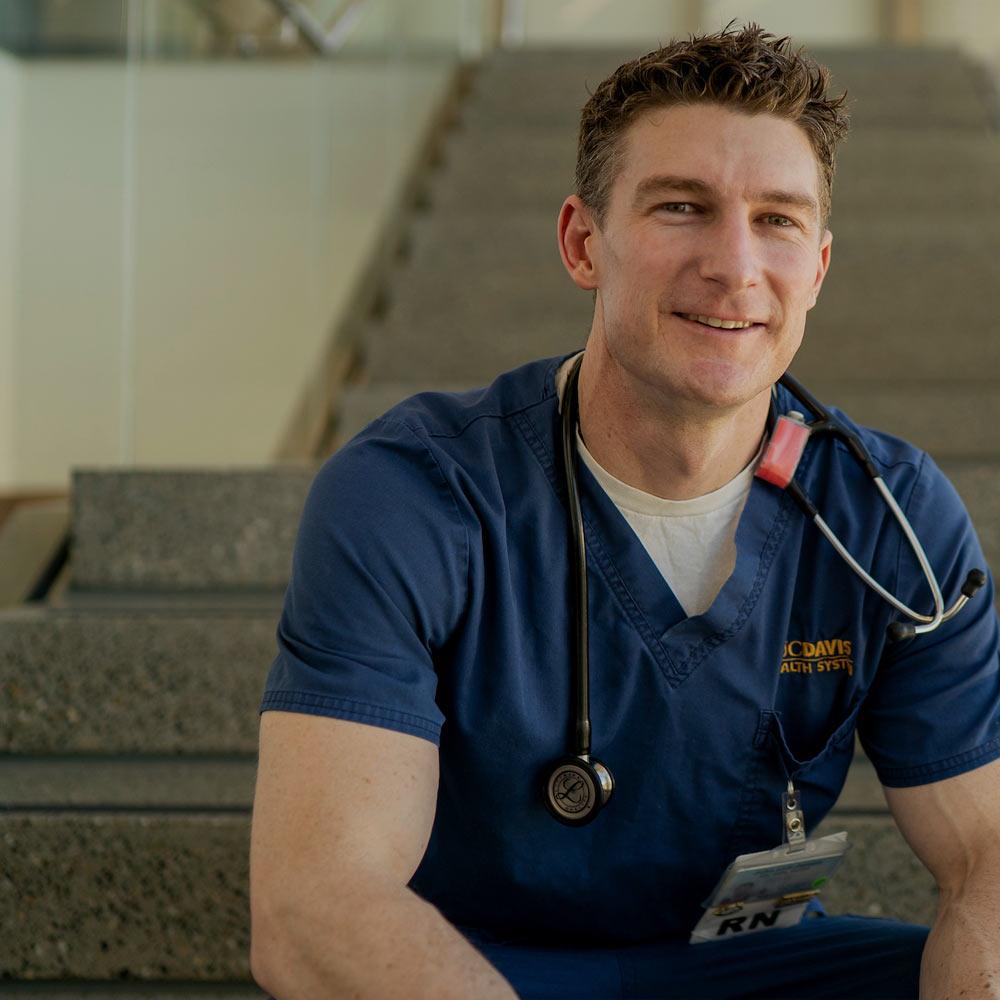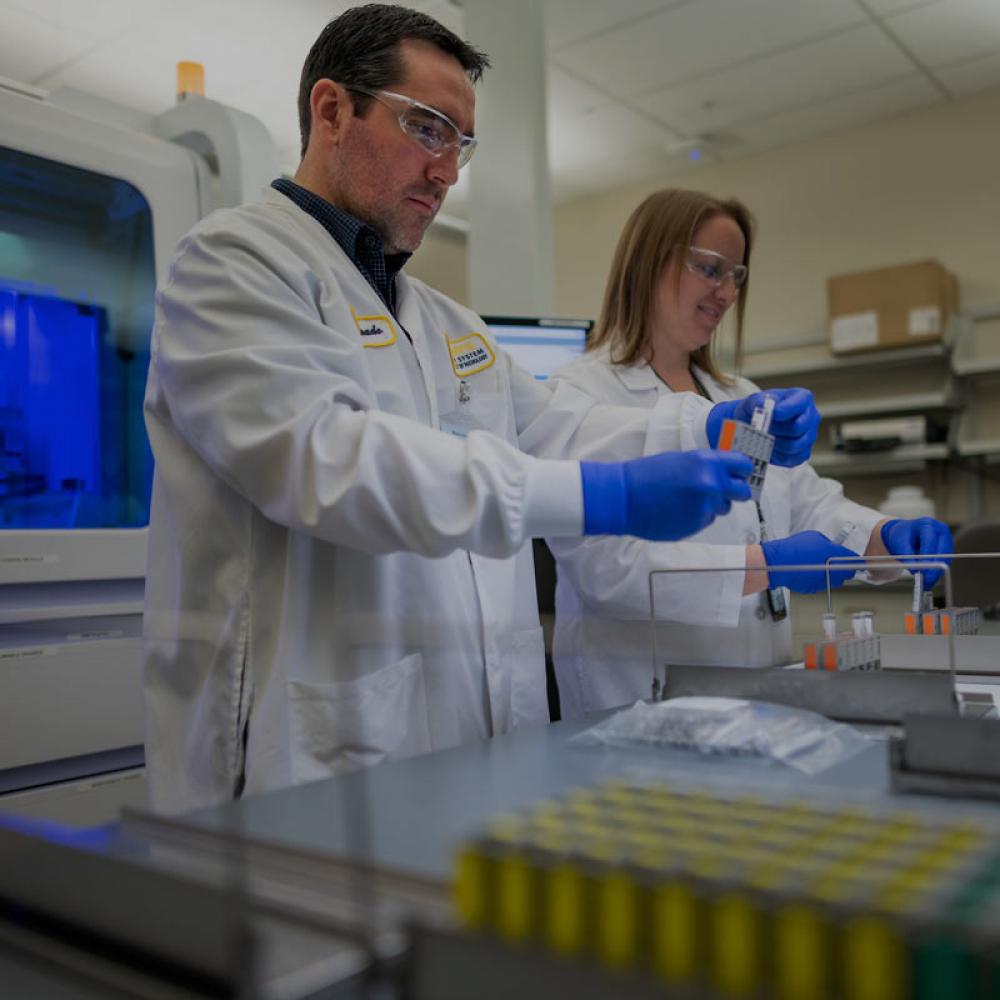
Professor Satya Dandekar’s research revealed the direct and devastating impact of the HIV virus on the gut very early in the infection. Within just a few days to weeks, the virus damages the gut epithelial lining and impairs the gastrointestinal mucosal lymphoid tissue, both of which are critical for generating the body’s immune response for defending against infections. The gastrointestinal tract harbors more than 80% of lymphoid tissue in the body. When the gut lymphoid tissue is disrupted and inflamed, it fails to provide a functional platform for effective host immune interactions with the viral antigens, resulting in incomplete clearance of the virus. At the time of her landmark study identifying the pivotal role of the gut in HIV infection and disease progression, it was not common practice to start anti-HIV therapy early in the disease. Her lab was the first to show the benefit of initiating antiretroviral therapy in the early stages of HIV infection, leading to rapid immune recovery and better control of the viral infection. The findings supported changes in the treatment protocols for HIV to start anti-HIV therapy early in HIV infection to achieve better clinical outcomes. Current research investigations are developing novel strategies to rapidly repair and restore gut epithelial lining and immune cells to eradicate HIV persistence.


